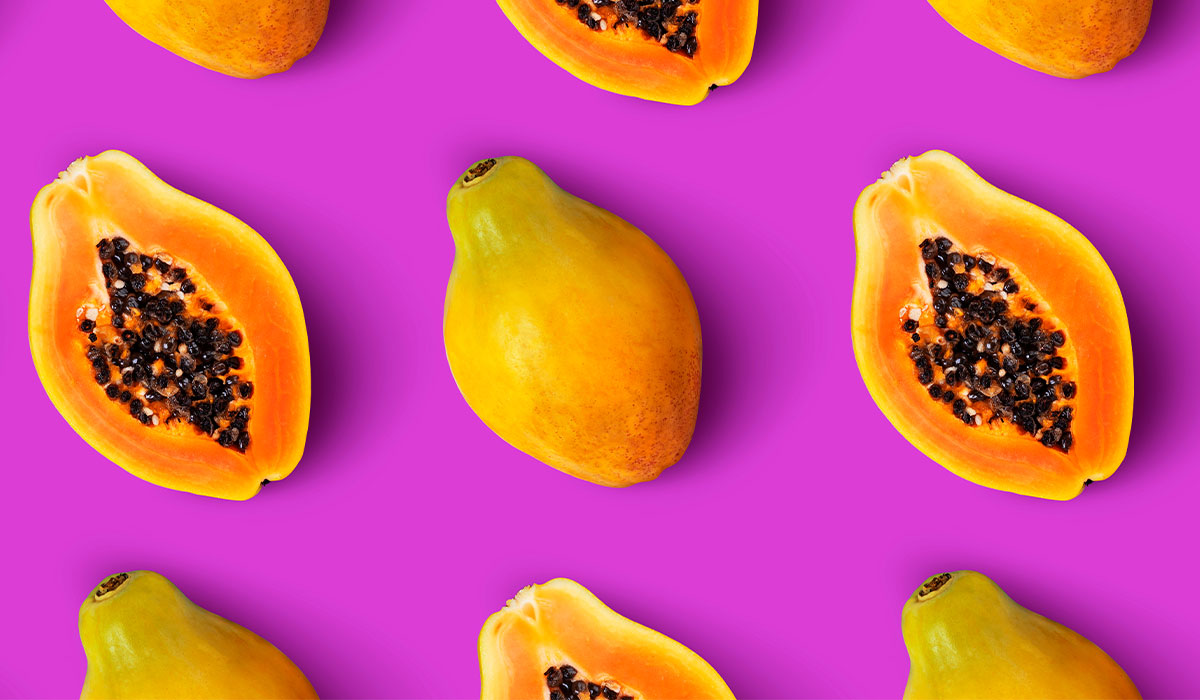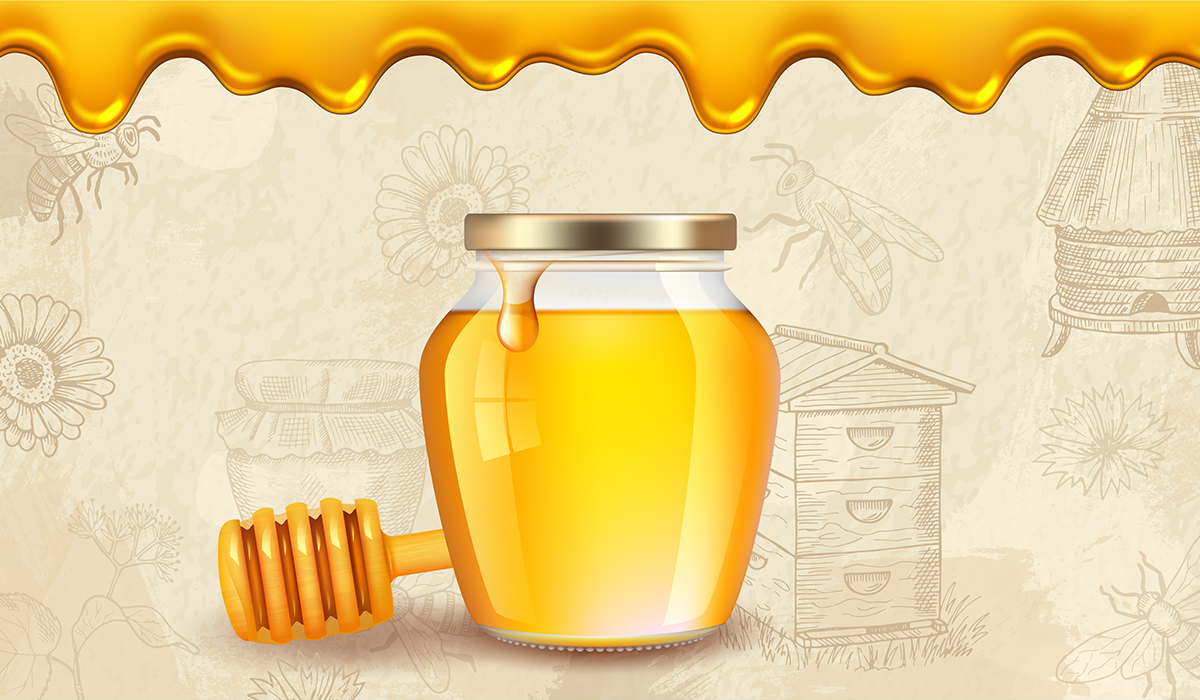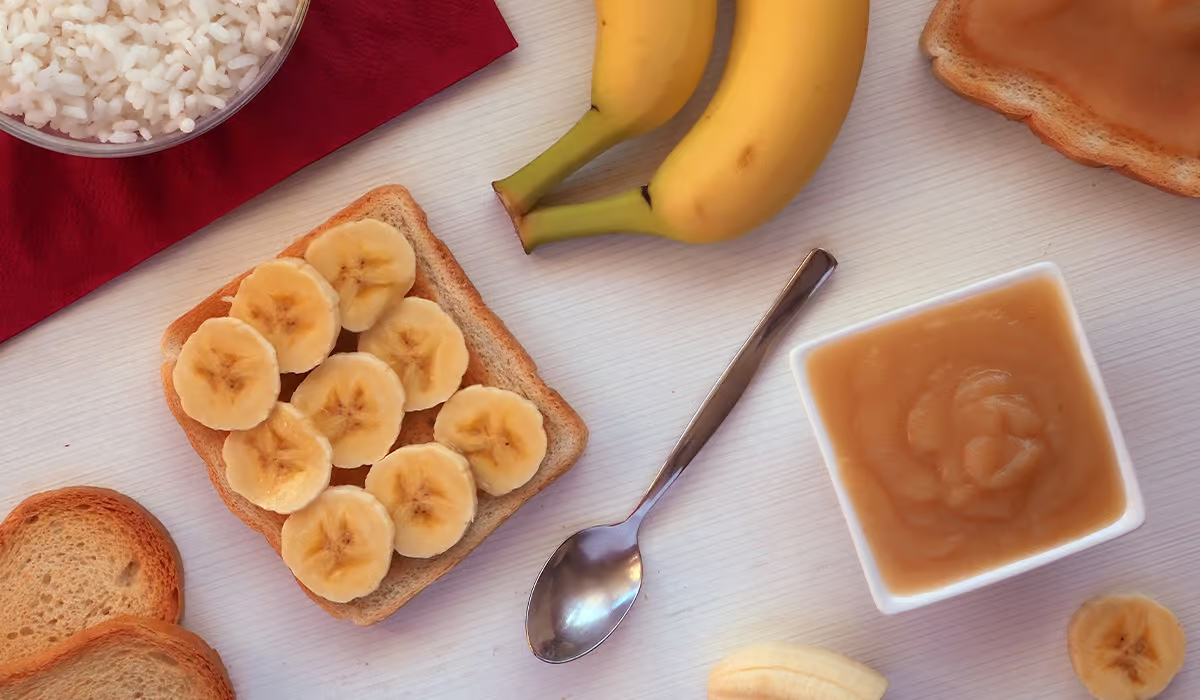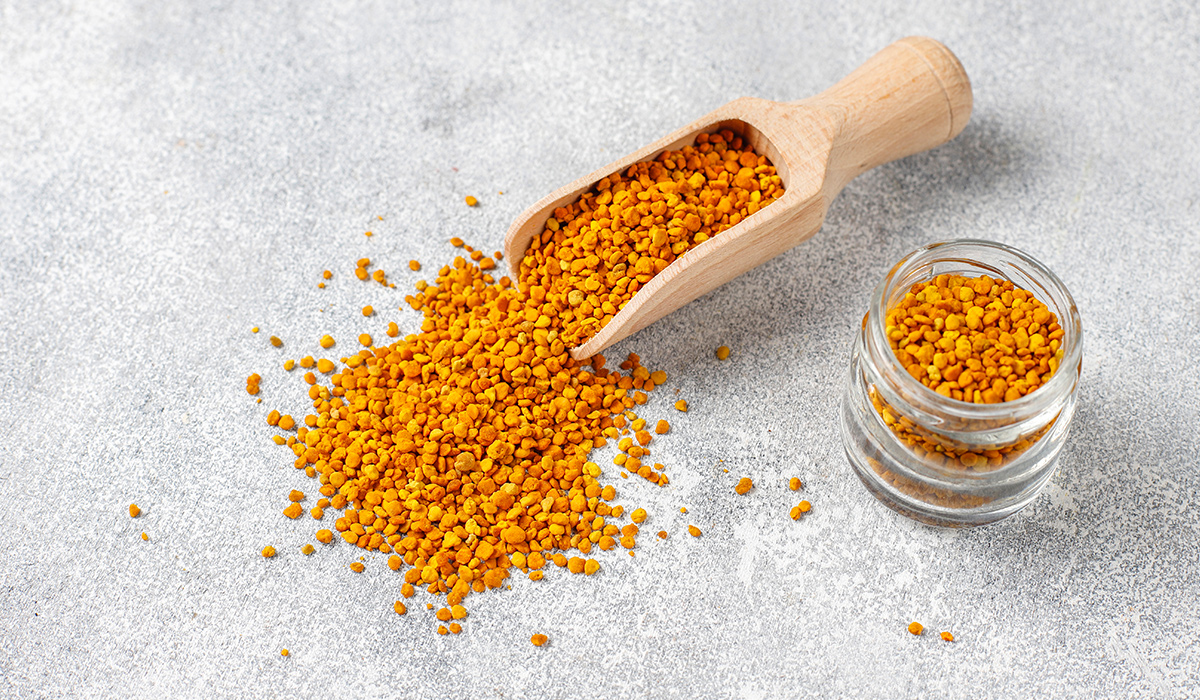Fenugreek seeds are the foremost and most researched connected portion of the plant. Dried fenugreek seeds are ground and powdered and used as a spice. Fenugreek has a bitter taste, but the plant’s defatted seeds are non-bitter. One side of fenugreek is that we can use it in food like other spices, but this herbal spice can also be used for medicinal purposes.
It is one of the oldest medicinal plants, and Ayurveda and traditional Chinese medicine characterize its health-enhancing properties. A considerable number of studies have been conducted on the chemical and biological aspects of fenugreek due to the better interest in this plant over the past several years. Extensive preclinical and clinical data have described the use of fenugreek for several medicinal purposes.
Fenugreek is a rich source of nutrition and helps in good health. A human being is still an intrinsic and indispensable diet, a preventive diet, and medicinal herbs to drive the human body to be healthy and cope with chronic diseases. Explore fenugreek and enhance your life!
Uses
The following are a few historically accurate uses for fenugreek that are quite different from our current uses. Fenugreek has been around for a long time. Funny enough, this plant was included in incense and even for mummification in ancient Egypt. The Greeks and Romans likewise utilized the plant. Nevertheless, they fed it to animals (e.g., livestock). Fenugreek may have also been an ancient childbirth reliever.
Nowadays fenugreek is grown in almost all the continents for its leaves as an edible leafy vegetable and for its seeds as a Spice. Fenugreek is aromatic, spicy, and a sweet tastemaker. Whole or ground in vegetable seasonings and spice powders, dried seeds in spice. The seeds are also roasted and used as a substitute for coffee in India. An herbal tea is prepared from the leaves.
Since ancient times, fenugreek seeds have been well-know and used as medicinal materials. Due to the common belief that plant-based medicines are safer, inexpensive, and readily available in nature, hundreds of millions of individuals, especially in third-world countries, use medicinal plants to heal diseases and maintain health. Fenugreek is a well-known herb widely used as the vegetable, food supplement and medicine form.
In addition to its nutrients, fenugreek has led this into the ability to affect food sense and food flavor. That is the reason fenugreek can be used as a food emulsifier and stabilizing agent in food processing. Food textural properties are the main index influencing consumer quality perception of products, and many food manufacturers use fenugreek.
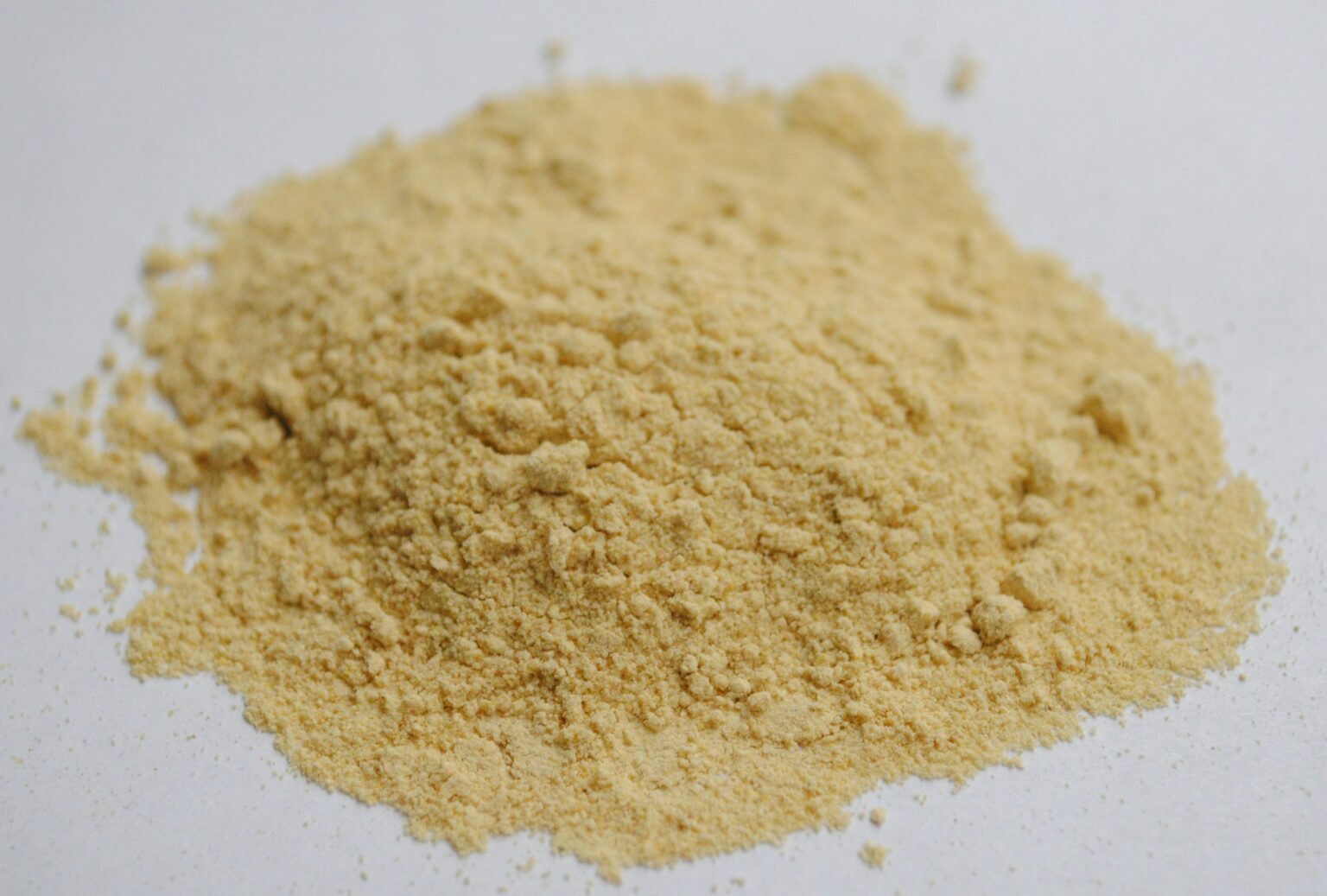
Health Benefits
An increasingly well-recognized opportunistic therapeutic target are natural products. And one herb that may fit the bill, is fenugreek. The genus name Trigonella, Latin for little triangle, refers to the yellowish-white triangular flower. Fenugreek is considered to be an herbal medicine by many researchers. Fenugreek leaves and seeds are consumables and are the subject of scientific research. Find out health benefits of this wonderful herb.
Antioxidative Effect
We should use the antioxidant power of various plant species. One such food is fenugreek, which is rich in antioxidants. For the first time, scientists have tentatively identified this plant as possessing scavenging activity against free radicals and protection against oxidation. So, what exactly is all this oxidation? It’s time to explain it. It is a basic fact that life exists solely through oxygen.
On the contrary, oxygen serves as a valuable metabolizing atom; however, metabolized oxygen generates free radicals and reactive oxygen species, which are also reactive species. This non-oxygen can lead to altered DNA and, eventually, a myriad of health problems. This is why fenugreek is a good preventive step.
Anti-inflammatory Effect
The other vital characteristic of fenugreek is its anti-inflammatory properties. Here’s a little thing you probably know. Inflammation isn’t good. The immuno-modulatory activity of fenugreek seeds is likely due to its ability to regulate overactive pro-inflammatory enzymes. The plant has also been demonstrated to promote immunomodulatory effects on the human body. Fenugreek’s anti-inflammatory activity helps her immunity effects and, thus, protects your body.
Joint Support
Fenugreek provides joint health due to its anti-inflammatory and antioxidant effects. The plant compounds prevent tissue inflammation. Therefore, it can be used as a protective plant against rheumatoid arthritis. The other study also reported reduced swelling and cellular infiltration during supplementation. In traditional medicine, the plant was sometimes used externally (after special preparation) to make poultices for swellings and sores. Currently, oils from this plant, having pharmacological properties, are used to treat wounds.
Antimicrobial Activity
Even more interesting is that fenugreek is active against some pathogens. Such studies have reported, among other functions, antifungal activity against the pathogenic Botrytis cinerea fungi. This pathogen may cause allergic respiratory disease in humans. The inventiveness of this plant does not stop there; it also displays an action against bacteria. Fenugreek sprout extract Heliobacter pylori (bacteria causing peptic ulcers) has been shown to have antimicrobial activity. Hence, it can be concluded that fenugreek herbal preparations can have bactericidal activity.

Antidiabetic Effect
Fenugreek has been studied even more. This plant can treat hyperglycemia and diabetic and skin complications. This makes it an important tool in managing blood glucose levels in diabetic patients. In studies, fenugreek reduced the cumulative incidence of diabetes, fasting plasma glucose, and post-meal plasma glucose and showed increased serum insulin.
Due to their high fiber content, fenugreek seeds have been reported to exert antidiabetic effects similar to those gained by administering antidiabetic drugs. Moreover, saffron extracts can relieve diabetic neuropathy. Study results demonstrate that fenugreek is a low-cost, low-risk dietary supplement to help improve glycemic control in diabetes.
Antihyperlipidemic Effect
Fenugreek treats and brings down cholesterol levels, and this next benefit will definitely delight people with high cholesterol. This plant will reduce cholesterol levels in your body. It found that the plant corrected the lipid profile alterations in hyperlipidemia induced by a high-fat diet. In addition, fenugreek reduced triglyceride and cholesterol levels, and liver lipid levels decreased after long-term administration of the extract. Hence, it could be concluded that a health profile with a beneficial lipid-modulating effect may be achieved with fenugreek seed supplementation.
Antiobesity Effect
More health benefits fenugreek can offer. Studies show this herb can improve many outcomes in overweight persons. Fenugreek fiber increases satiety and may help reduce hunger in those who carry excess fat. Supplementation could be an okay short-term way to lose weight. The diet of this plant was extended for a period of time, and its impacts on some body weights, body measurements, and nutritional values were studied. Fenugreek is an appetite control; if you want to get rid of fat, then make use of this plant. It’s worth a shot — you just better lay the groundwork with your doctor.
Sexual Health-Promoting Effect
Fenugreek contains substances the body can use to make sex hormones. Quick reminder — These hormones are estrogen and testosterone. Thus, fenugreek supplementation can boost sexual activity satisfaction scores. Men taking the plant saw significantly higher levels of serum and free testosterone, as well as enhancement of sexual function, the results say. The researchers also found lower scores on the Men’s Aging Symptoms Questionnaire, indicating fewer symptoms related to androgen deficiency. A proprietary fenugreek extract significantly enhanced two physiological aspects of libido and overall quality of life.

Women’s Health-Promoting Effect
It isn’t only men who will love this healthy herb fenugreek. The plant has different properties that can still help women. Researchers among women with polycystic ovary syndrome. The plant extract significantly decreased cyst size and ovarian volume, normalized the menstrual cycle, and improved infertility. Moreover, the powdered plant given at menstruation reduced the symptoms of dysmenorrhea, including lethargy, headache, low energy, and syncope. In pre-menopausal women, fenugreek powder, which is high in nutrients, decreased the risk of anemia. In conclusion, based on human studies, fenugreek products seem effective and safe for better health in women.
Antitumor Effects
Fenugreek is a very powerful plant, and in addition to everything mentioned earlier, it protects from dangerous diseases. One of the properties that all will recognize as a good and useful feature is the plant’s anti-cancer effect. Fenugreek can help prevent cancer. For example, skin cancer cells cannot survive if aided by seed oil. Plant extracts have also been investigated. The extract treatment showed the highest level of efficacy when given at all stages of skin tumorigenesis. It is also sometimes used in cosmetics because of its impact on skin conditions.
Content
Fenugreek is a one-of-a-kind functional food plant. The high nutrient content in the plant provides food and medicine value based on the chemical constituents of plant parts. The fenugreek adds a spicy flavor to the meals and offers a delectable alternative in diets and also enhances the medicinal quality. Let’s take a peek into this plant and examine all of the vital ingredients information you should be aware of.
Proteins
Fenugreek seeds are a great protein source with values comparable to soy protein, making them a very suitable protein source for vegans. It can also be quite functional because of the extremely high quality of the amino acid profile. Cooking also does not fritter away the protein quality of the fenugreek seeds, which is an important observation. So that you can add the plant to whatever hot foods they eat to get more protein in them.
Fiber
One more component of fenugreek that is worth talking about is fiber. Dense in dietary fibers, the husk of fenugreek is one great source. It comes with health implications if taken in high doses. Moreover, fiber has several vital roles, including acting as a protective barrier between cancerous toxins and the colonic mucosa and slowing intestinal glucose uptake and blood glucose levels.
Vitamins And Minerals
Like most plant products, fenugreek is also vitamin and mineral-rich. This miraculous plant consists of every kind of vitamin. Both seeds and leaves are very rich in vitamin C (Ascorbic acid), and the few edible parts of the plant plants also present B vitamins. Interestingly, the leaves of the plant contain many of the above-mentioned components. Still, unfortunately, they evaporate during cooking and frying, i.e., during practical heat treatment. Moreover, the plant several minerals like phosphorus, calcium, and iron will also give us. Its vitamin content is high, but its mineral content is comparatively low.

Bioactive Components
Fenugreek also contains additionally unique substances. Fenugreek consists of such elements as phenolic compounds and saponins. These names might sound familiar to you. The seeds possess a considerable content of flavonoids and other phenolic compounds that evoke this spice with significant natural antioxidant activity. The plant’s saponins, by contrast, primarily impact endocrine health. The herb has numerous different kinds of mixtures in pads that incorporate sound advantages.
Volatile Compounds
Another class of compounds that deserves mention are the volatile constituents. Fenugreek contains volatile oils but in a lesser quantity. Yet these elements are what make the seeds and leaves taste and smell how they do. The key compound that is responsible for the unique sweet odor of fenugreek known as sotolone. The plant has different active aromatic compounds, giving a pungent, spicy taste. And so fenugreek is both healthy and tasty.
Safety
You may read about some fenugreek ingredients that caught your attention here. But before you try this plant for yourself, make sure you read until the end. Now, the last thing worthy of description. That is about the safety of this product. And you will have to agree that this is quite vital.
The traditional use of fenugreek preparations is well known, and the products’ regular intake is considered entirely safe. Safety testing of oils, seeds, and leaves has been carried out. Still, it’s a good idea to stick with the recommended dosages. Researchers calculated an estimated human oral dose for a 60 kg adult as 21.16 to 48.64 g, and the authors point out that doses below this should be fine.
On the other hand, be careful because an allergic reaction is possible. That’s not a common allergy, although it is more plausible in those who are allergic to chickpeas. Moreover, hypoglycaemic drugs’ target levels of blood sugar should be monitored extremely closely in patients when the fenugreek goods have also been utilized. Fenugreek is likely to exhibit abortifacient activities and thus should not be taken in amounts higher than that derived from food during pregnancy.
No serious adverse events of the plant occurred in the study subjects, but that wouldn’t dissuade anyone from consulting their doctor before getting fenugreek in their daily lives individually.
Sources
- Jasim Naeem Al-Asadi (2014). Therapeutic Uses of Fenugreek (Trigonella foenum-graecum L.). https://www.researchgate.net/publication/295869478_Therapeutic_Uses_of_Fenugreek_Trigonella_foenum-graecum_L
- Kalyan C. Nagulapalli Venkata, Anand Swaroop, Debasis Bagchi, Anupam Bishayee (2017). A small plant with big benefits: Fenugreek (Trigonella foenum-graecum Linn.) for disease prevention and health promotion.
https://pubmed.ncbi.nlm.nih.gov/28266134/

